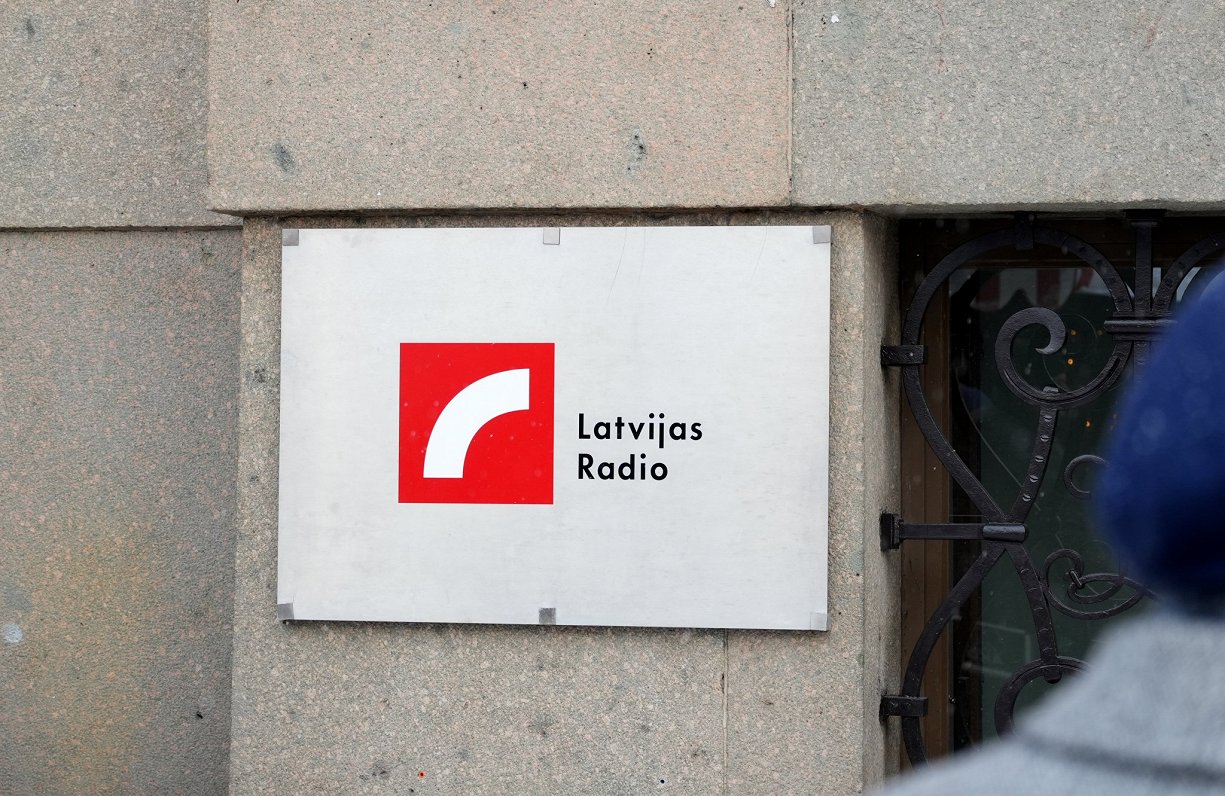The Union's claims are denied by the supervisory Public Electronic Mass Media Council (SEPLP), but the final decision will have to be made by the Saeima as early as Thursday.
The letter from the Latvian Radio Union contains concerns over both funding and the work of the public media monitor. The radio's trade union says SEPLP chooses to ignore all suggestions, risk highlights and arguments.
There is also mention of the LTV show "Forbidden Method" which showed the problems of the television house. This has suggested that, once merged, the funds could be directed primarily at television.
"The state of the building is no secret to anyone. That something needs to be done there - it's clear to everyone. We are concerned if we do not have the means to build a new, perfect building, that for at least some time the funds will go only there, and Latvian Radio will have to live off the scraos. We are not prepared to accept this," said Latvian Radio commentator, Union Member Eduards Liniņš.
The main concern is that this process means not merging, but adding radio to television.
"This is perceived, at least in part, as the absorption of Latvian Radio into Latvian Television. As a financially smaller element, [..] attracting less public attention, with less potential impact, this is what makes us anxious,“ explained Eduards Liniņš.
The Latvian Radio Union has also included employee survey data in its open letter. It shows that 84% of radio workers do not support media merger. But 91 percent of staff believe the necessary funding would not be allocated to successfully unite the media.
To SEPLP this letter has been a surprise. Latvian Radio employees were talked to on average once a quarter and most recently in December, when it did not seem that the majority's position was this.
“We were surprised to see exactly these arguments. Because some of them seemed simply unfounded. What we have never said and in fact have said the exact opposite. We have explained a lot about both room issues and funding issues. Consequently, it seemed to me that these issues had been pronounced many times,“ SEPLP Chairman Jānis Siksnis said.
He explained that funding is being increased and Latvian Radio will not be forgotten. The proportions are clear and Latvian Radio will receive more than before.
“Funding will go up, grow very substantially. Between 40 million and more than 60 million over three years,“ Siksnis noted.
“Overall, that distribution of funding has always been 2/3 for TV and 1/3 for radio. It will also not be changed as a whole. And we have said it many times,” he stressed.
Radio argued that these were just words. What the funding will be in the long term – it is not clear.
“Merger will not be simple, it will be a new concern and hardship for all who will be involved in the process,” Eduards Liniņš said.
“We know there are no concrete mechanisms yet. But we're on our way to a merger. That was the case 10 years ago when it was found that there was no money in the state budget for the implementation of the merger,” Eduards Liniņš recalled.
These arguments are rejected by both SEPLP and Leila Rasima (Progressives), President of the responsible Human Rights Committee of the Saeima.
According to the Head of the Saeima Committee, Latvian Radio will benefit more from the merger than LTV.
The Latvian Radio Board also expressed its position on Tuesday, noting that it is worth listening to employees' concerns. But the board advocates the merger - adding that it should be through a transparent management process, clear answers and achievable goals.
































